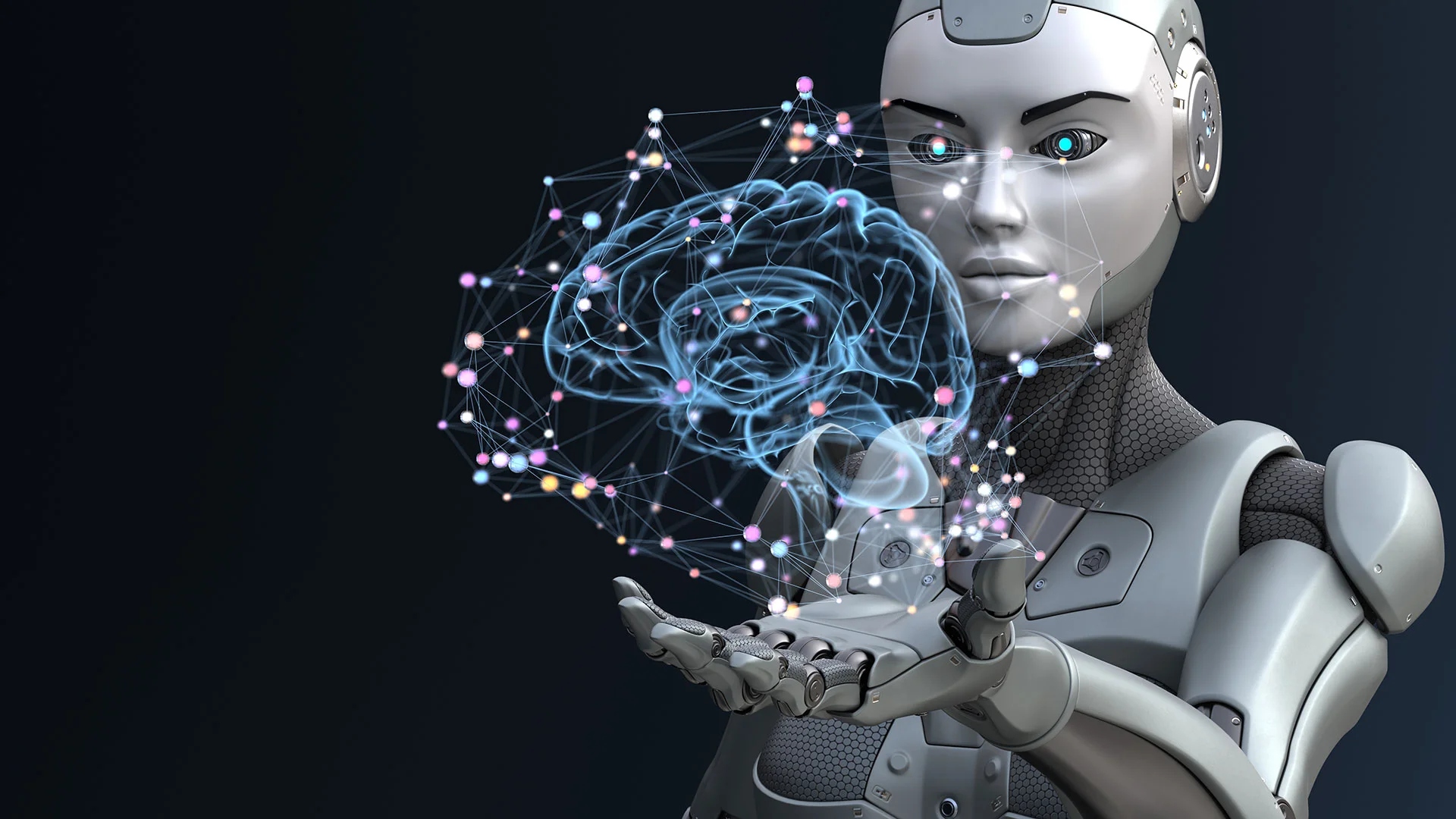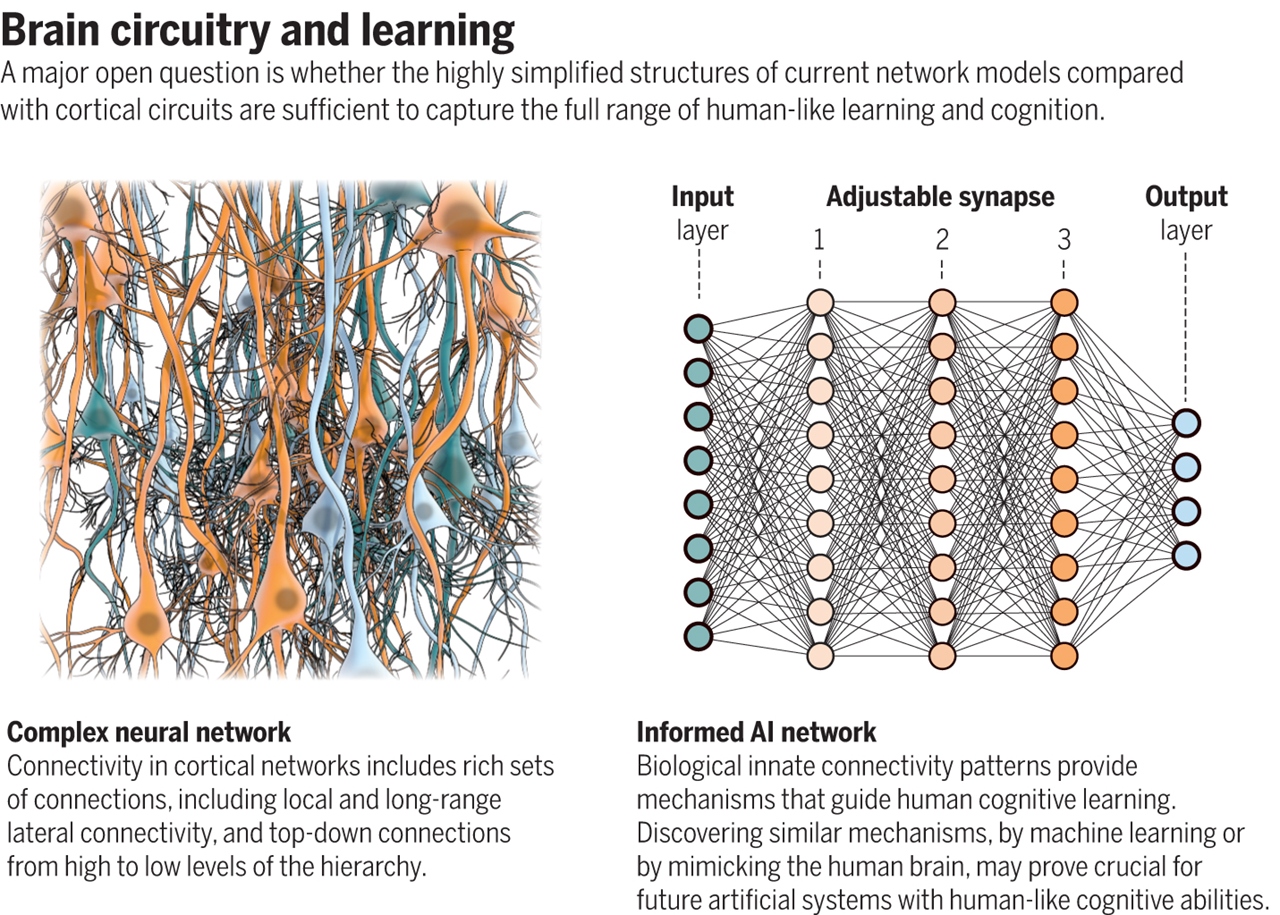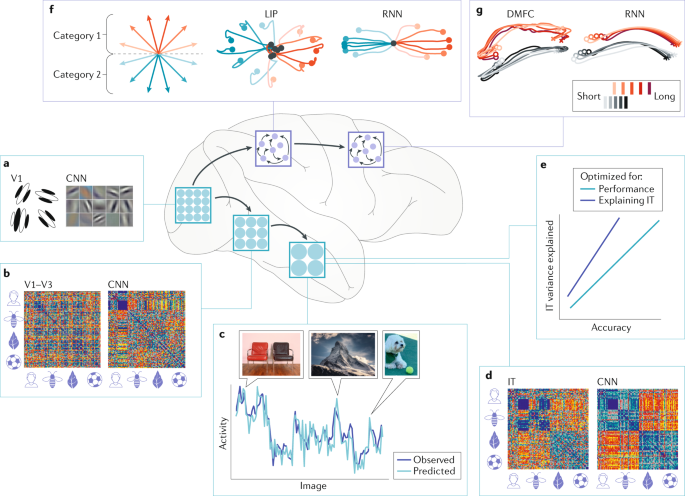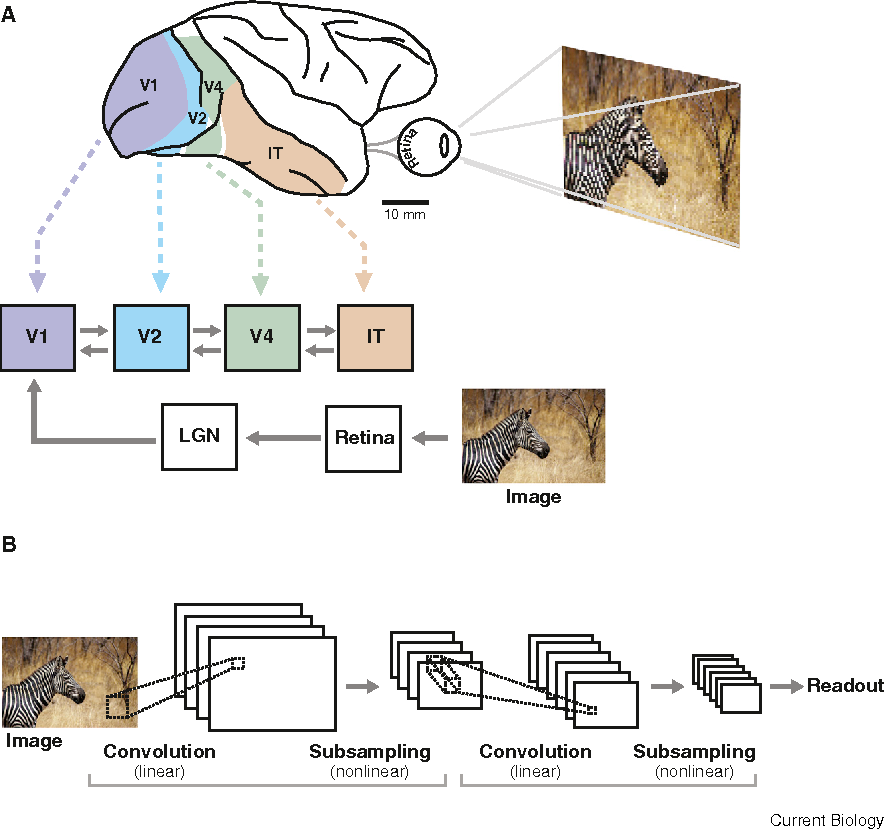Comments
- No comments found

At the forefront of scientific research, an exciting convergence is occurring between neuroscience and artificial intelligence (AI).
As we delve deeper into the complexities of the human brain, innovative applications of machine learning are paving the way for a new era of understanding and mapping brain activity. This article explores the groundbreaking synergy between neuroscience and AI, highlighting how machine learning is enabling us to decode intricate patterns of brain function and unravel the mysteries of cognition.
The human brain, with its billions of interconnected neurons, remains one of the most intricate puzzles in the scientific world.

Neuroscience has long sought to unravel its complexities, and recent advancements in machine learning have provided a new lens through which to tackle this challenge. By leveraging sophisticated algorithms and large-scale data analysis, researchers are now able to analyze brain activity with unprecedented accuracy and resolution.

Deep learning, a subset of machine learning, has emerged as a powerful tool for decoding brain activity. Functional Magnetic Resonance Imaging (fMRI) and Electroencephalography (EEG) data, among other neuroimaging techniques, generate vast amounts of intricate information. Deep learning algorithms excel at discerning patterns within these data sets, enabling scientists to identify regions of the brain associated with specific cognitive functions, emotions, and even mental disorders.
The fusion of neuroscience and AI is not only revolutionizing our understanding of the brain but also holds promise for enhancing human cognition and addressing neurological disorders. Neuroprosthetics, which interface directly with the brain, are being developed to restore lost sensory or motor functions. Machine learning algorithms play a critical role in deciphering neural signals and translating them into meaningful commands, enabling paralyzed individuals to control robotic limbs or interact with computers through their thoughts.
The convergence of neuroscience and AI extends beyond research laboratories to real-world applications. Brain-computer interfaces (BCIs) are paving the way for direct communication between the brain and external devices. By training AI models to interpret neural patterns associated with specific intentions or commands, BCIs offer a lifeline to individuals with severe disabilities, granting them newfound independence and communication abilities.

While the marriage of neuroscience and AI holds immense promise, it also brings forth ethical and technical challenges. Ensuring the privacy and security of brain data, addressing potential biases in AI algorithms, and defining the boundaries of cognitive enhancement are all critical considerations as these technologies evolve.
The convergence of neuroscience and AI marks a remarkable turning point in our quest to comprehend the complexities of the human brain. By harnessing the power of machine learning, we are embarking on a journey that not only enhances our understanding of cognition but also holds the potential to transform lives through neuroprosthetics, cognitive enhancement, and brain-computer interfaces. As the dialogue between these two fields deepens, we stand on the precipice of unlocking the mind's deepest mysteries and forging new frontiers in human capability and well-being.
Leave your comments
Post comment as a guest